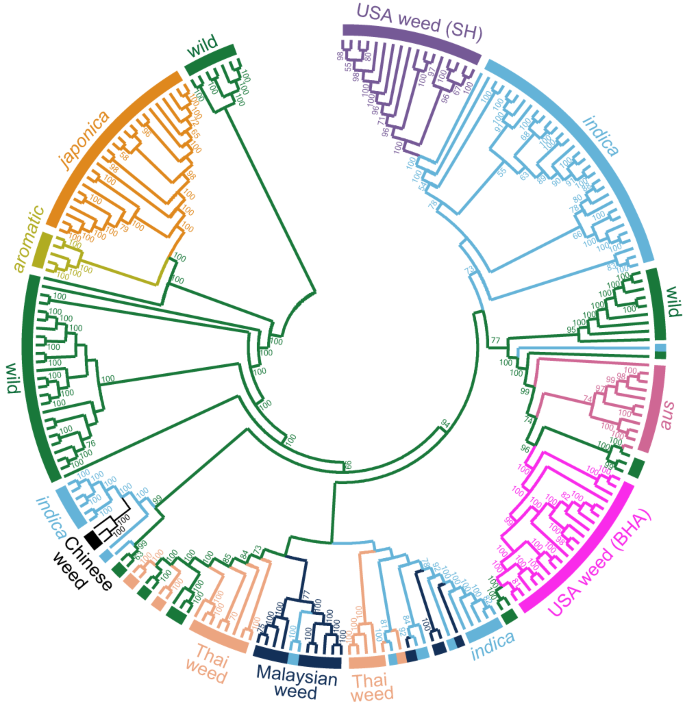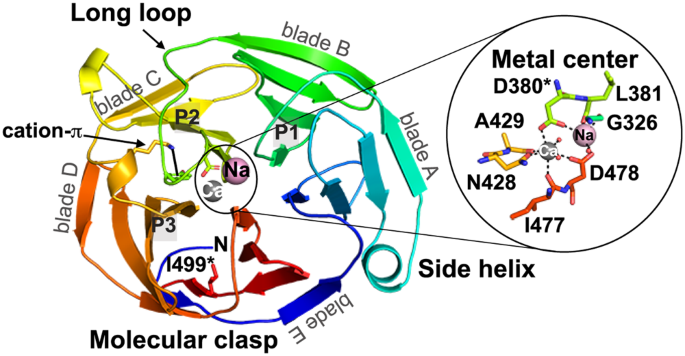2024-02-24 韓国基礎科学研究院(IBS)
<関連情報>
- https://www.ibs.re.kr/cop/bbs/BBSMSTR_000000000738/selectBoardArticle.do
- https://www.science.org/doi/10.1126/sciadv.adk3198
パターン化された超音波による脳波同調により、可塑性が長期間持続する Long-lasting forms of plasticity through patterned ultrasound-induced brainwave entrainment
HO-JEONG KIM, TIEN THUY PHAN, KEUNHYUNG LEE, JEONG SOOK KIM, […], AND JOO MIN PARK
Science Advances Published:23 Feb 2024
DOI:https://doi.org/10.1126/sciadv.adk3198

Abstract
Achieving long-lasting neuronal modulation with low-intensity, low-frequency ultrasound is challenging. Here, we devised theta burst ultrasound stimulation (TBUS) with gamma bursts for brain entrainment and modulation of neuronal plasticity in the mouse motor cortex. We demonstrate that two types of TBUS, intermittent and continuous TBUS, induce bidirectional long-term potentiation or depression-like plasticity, respectively, as evidenced by changes in motor-evoked potentials. These effects depended on molecular pathways associated with long-term plasticity, including N-methyl-d-aspartate receptor and brain-derived neurotrophic factor/tropomyosin receptor kinase B activation, as well as de novo protein synthesis. Notably, bestrophin-1 and transient receptor potential ankyrin 1 play important roles in these enduring effects. Moreover, pretraining TBUS enhances the acquisition of previously unidentified motor skills. Our study unveils a promising protocol for ultrasound neuromodulation, enabling noninvasive and sustained modulation of brain function.


